Top 10 Rules For Safe Knife Handling – Chefs | Kitchen | Food Production
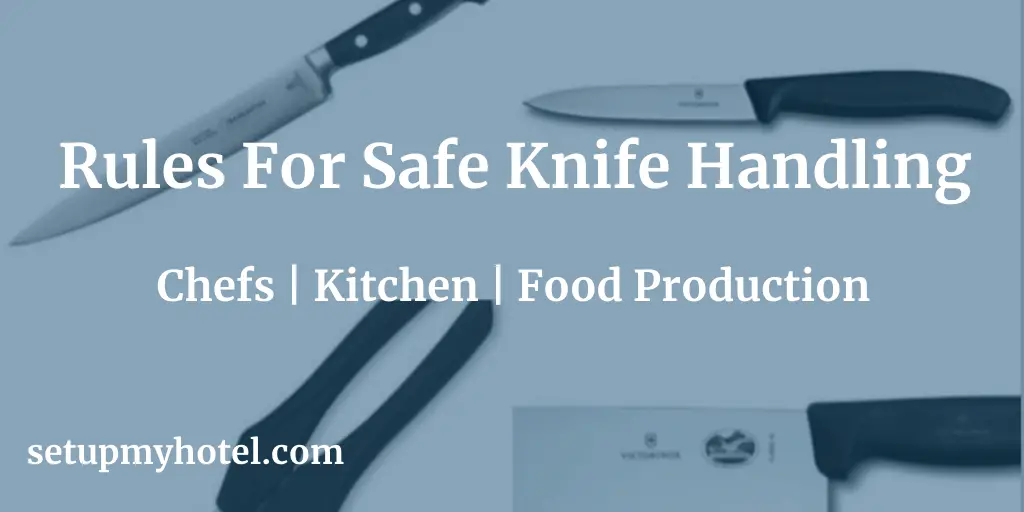
How to properly handle the knife in the hotel kitchen? The knife is considered by chefs as their most valuable ...
Read more
Use Of Thermometer In Hotel Kitchen / Food Production
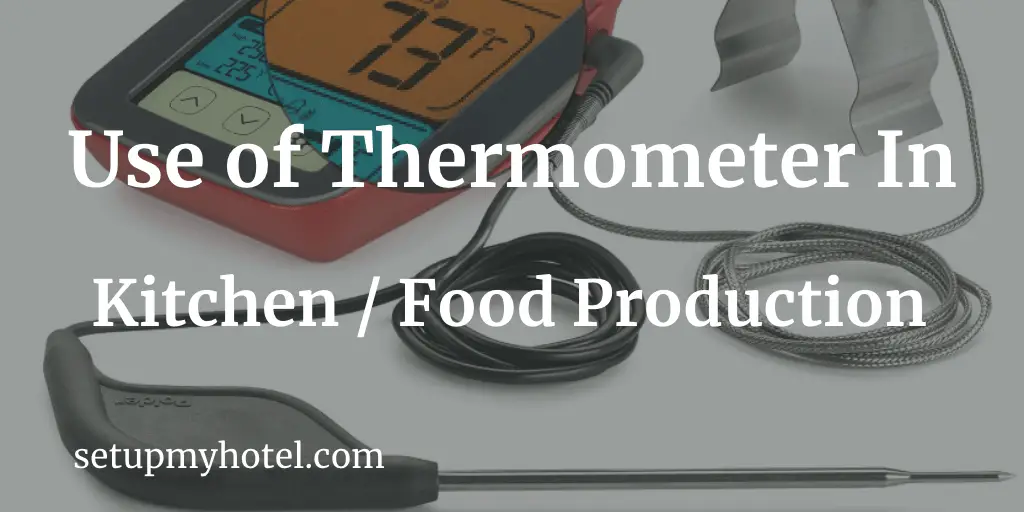
What is the use of a Thermometer in the hotel kitchen? In the food production or kitchen environment microbes are ...
Read more
Kitchen Key Terms Complete List (A-Z) / Food Production Key Terms / Culinary Terms / Kitchen Jargons
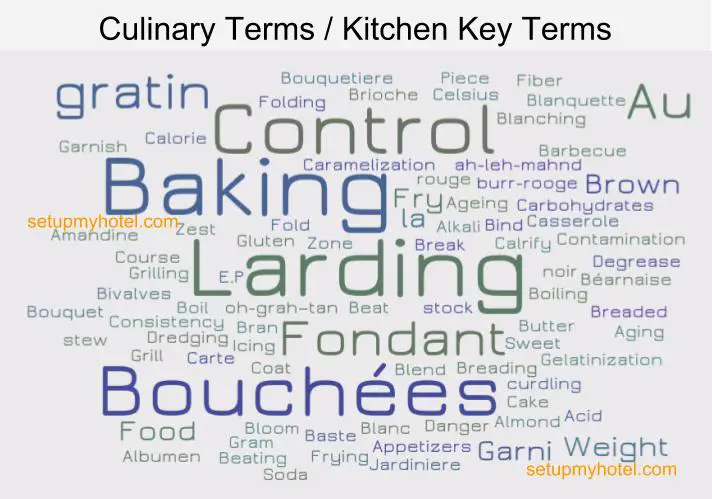
Food Production Key Terms / Kitchen Terms / Culinary Terms / Kitchen Jargon In the world of food production and ...
Read more
Store – Inventory Stock Check Policy For Hotels
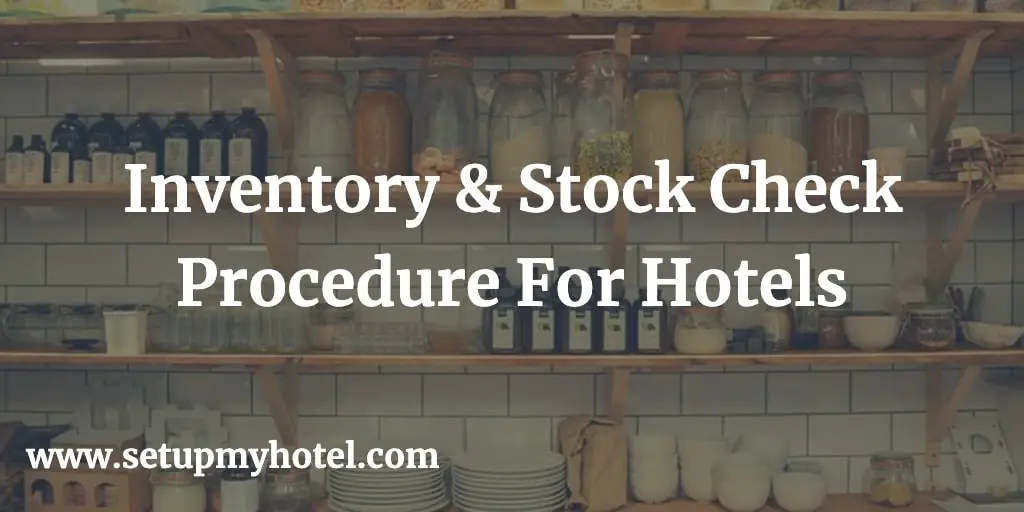
Inventory Stock Check Procedure For Hotels | Resorts Maintaining proper inventory is an essential aspect of running a hotel or ...
Read more
Top Factors That Affect How Quickly Foods Will Cool Down
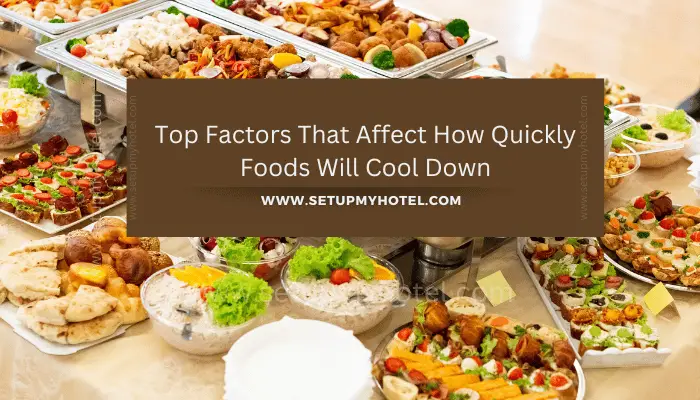
Methods and Factors that help in cooling down foods quickly Foods that are too hot can be dangerous to eat. To ...
Read more
SOP – Kitchen / F&B Production – Receiving of Food and Raw materials
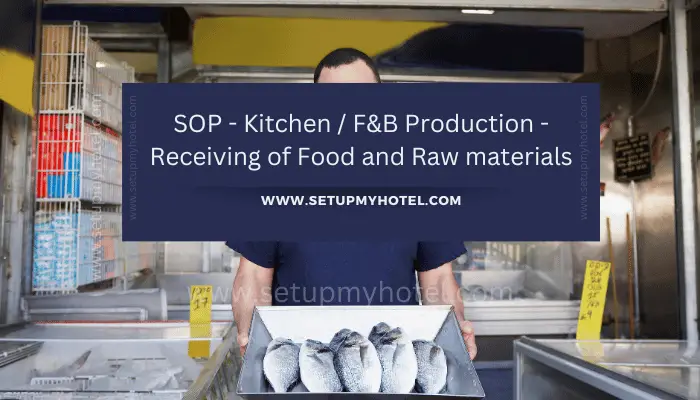
Receiving Food and Raw Materials in the Kitchen The standard operating procedure (SOP) for kitchen and food and beverage (F&B) ...
Read more
SOP – Kitchen / F&B Production – Holding of Prepared Hot / Cold Foods In Kitchen
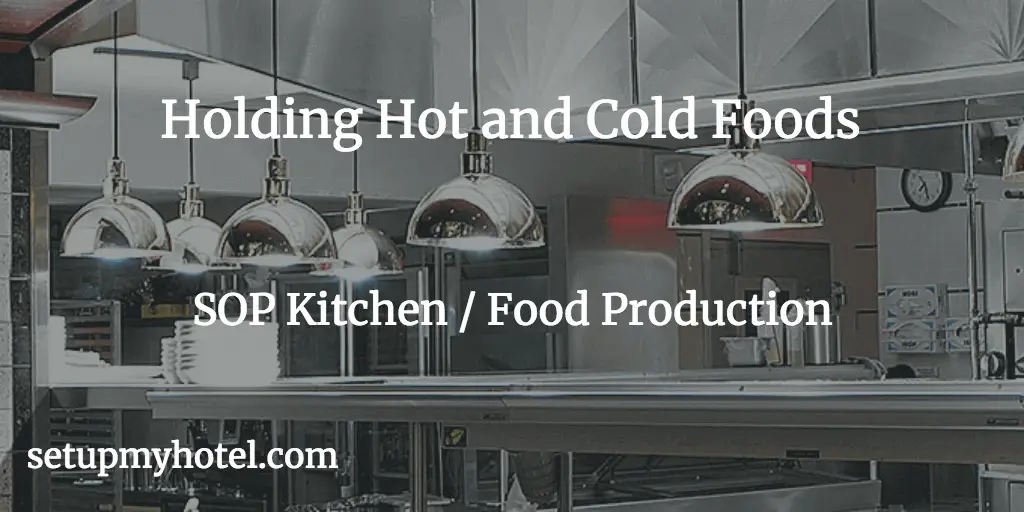
How To Hold Prepared Hot and Cold Foods In any kitchen or food and beverage production facility, it is important ...
Read more
SOP – Kitchen / F&B Production – Store Room / Freezer – Hygiene and Management
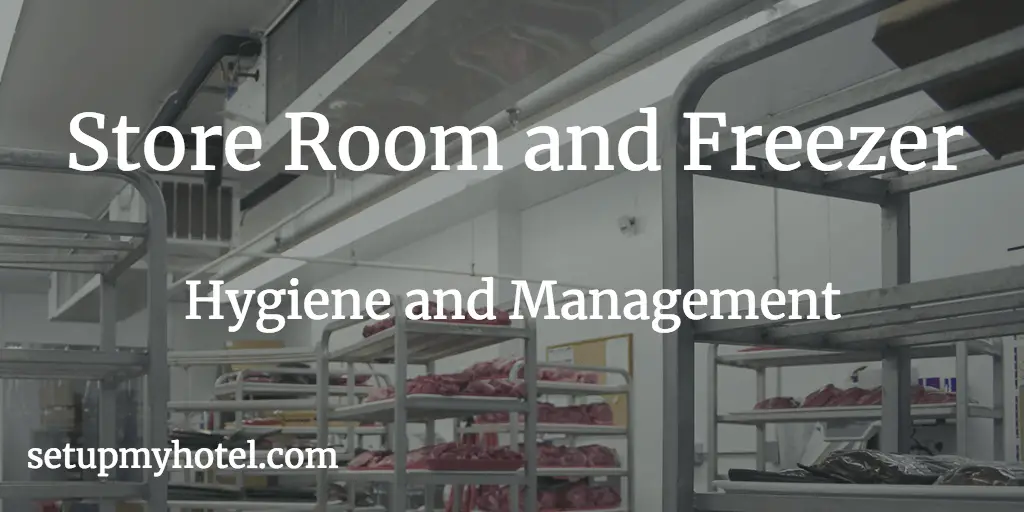
Store Room and Freezer Hygiene and Management The standard operating procedures (SOP) for a kitchen or food and beverage production ...
Read more
SOP – Kitchen / F&B Production – Baking Food
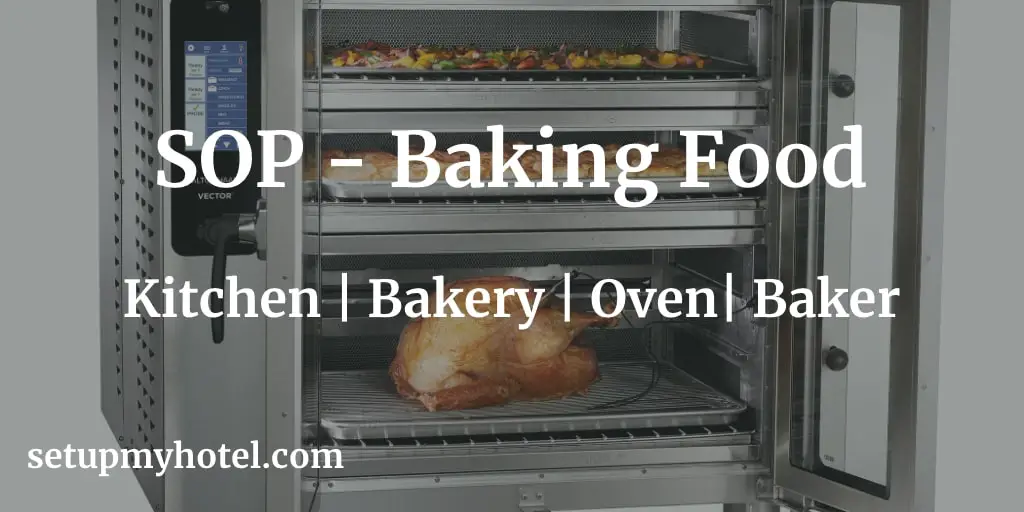
Baking Food In The Hotel Kitchen To ensure consistency and quality in the production of baked goods, it is important ...
Read more
SOP – Kitchen / F&B Production – Boiling Methods
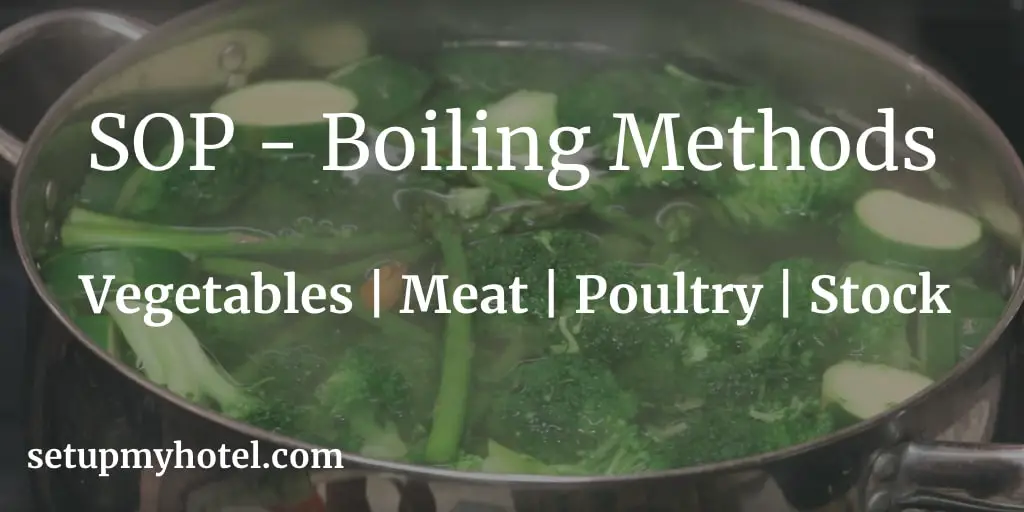
Methods For Boiling Food In The Hotel Kitchen Every Cook should understand the basic principles of boiling and how to ...
Read more









